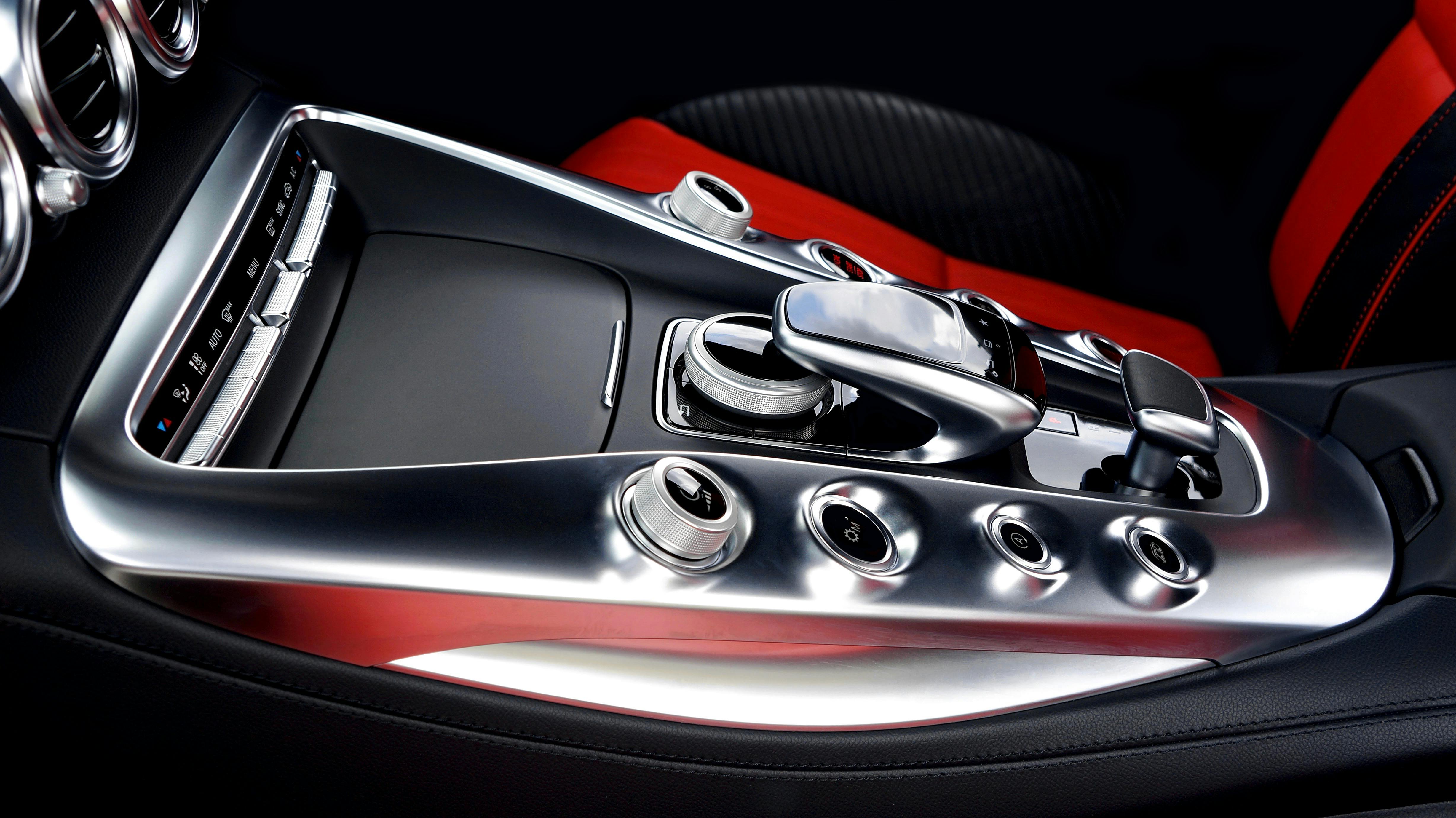
Symptoms of a ruptured ovarian cyst
Although most ovarian cysts (functional [fluid filled]) tends to show few or no noticeable symptoms of being present at first (a large part of the female population tends to suffer from ovarian cysts), when one ruptures things can change quickly (they become downright uncomfortable [even intolerable]). The rupture of an ovarian cyst can occur in almost any woman, of any age, who suffers from them.
There are two different types of functional ovarian cysts that a woman can get: follicular and luteal (both of which can continue to grow until treated).
one. follicular cysts – It tends to occur when one of the ovary’s sacs fails to release an egg, causing it to swell with fluid.
2. luteal cysts – Tends to occur when one of the ovary sacs releases an egg, but quickly reseals afterwards, causing it to swell with fluid.
Symptoms of the existence, and the rupture of an ovarian cyst:
- Pelvic aches and pains, usually in the lower abdomen, back, and upper legs, usually occurring during the middle of the menstrual cycle.
- A delayed or inhibited start to the menstrual cycle (often several days or more).
- An abnormal uterine bleeding (often called breakthrough bleeding) that usually occurs between normal menstrual periods.
- Severe (often sudden) pain, which may be accompanied by swelling, feeling dizzy, nauseated and vomiting (an indication that a cyst has ruptured or is crooked).
- Pain during or after sexual intercourse (an indication that a cyst has ruptured or twisted).
- Painful bowel movements and painful urination (an indication that a rupture has occurred or a cyst is crooked).
- Anemia, chills, fatigue, fever, and muscle weakness may also occur.
- Extensive blood loss can occur during and after a cyst ruptures if medical attention is not received.
Often, ovarian cysts are only diagnosed during a routine pelvic exam, and a pelvic ultrasound is then performed to indicate whether the cyst is functional or solid (often cancerous). However, most of the time, functional cysts tend to go away on their own (when this is not the case, medical treatment should be sought). The most common treatments include both hormonal treatment and surgical removal. However, two alternative treatments that can also be used are: homeopathy and Chinese medicine (both have shown an excellent degree of success).




No Comment